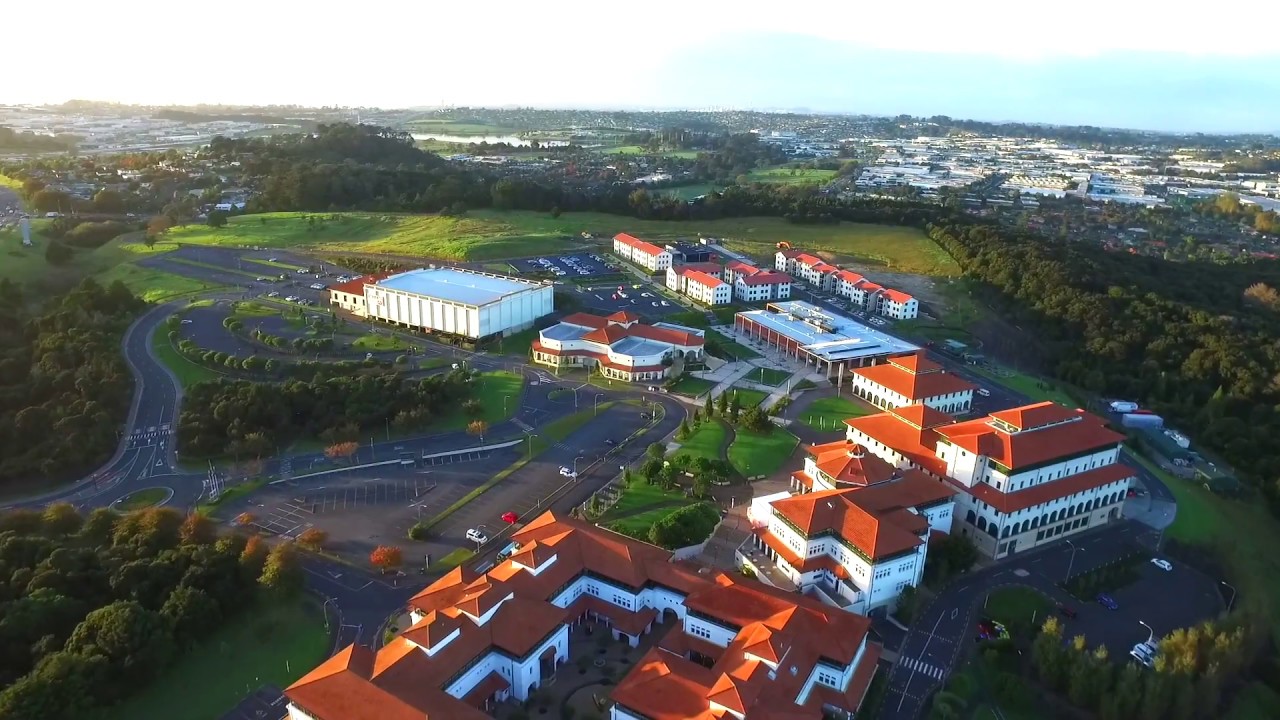Bachelor of Arts in Social Anthropology
The Massey BA (Social Anthropology) will give you a different perspective on the world, global culture and society.
Studying social anthropology will develop your understanding of other cultures and ethnic groups. It will show you how your way of life is just one of many possible ways of being human. You will learn to challenge your existing beliefs and put yourself in others’ shoes.
Study a wide range of subjects
At Massey you will study topics such as:
- politics
- globalisation
- inequality
- human-environmental relations
- human rights
- indigenous peoples
- racism
- visual culture
- healing systems
- food
- gender
- ritual and religion.
Get out into the field
Discover how anthropologists study cultural differences through fieldwork that examines societies across the globe, from hunter-gatherers to industrial nation-states. Massey staff and students are currently researching in Asia, the Pacific, Europe, Africa and New Zealand.
Campus Information
Auckland campus
Massey University’s innovative Auckland / Oteha campus is located on the North Shore of New Zealand’s largest city – Auckland. The campus grounds are peaceful with many native trees and plants, yet it’s only a five minute walk to the expansive Westfield shopping centre with its movie theatres, shops, restaurants and numerous fast food outlets. If you want to travel further, there are buses running regular routes around the North Shore region and into Auckland city.
Manawatu campus
The Manawatu campus is Massey's original campus. With lovely heritage buildings and park-like grounds located near Palmerston North city, it is one of the best places in the country to experience the real student lifestyle. With a huge portion of the population under 25 it is the perfect place for learning and living. The large campus is beautiful year-round with 11,500 different varieties of plants and trees in the form of manicured gardens, green fields, woodlands and bush.
Intakes
- Feb
- July
Application Processing Time in Days: 30
Application Process
Minimum English Language Requirements
| English Level Description | IELTS (1.0 -9.0) | TOEFL IBT (0-120) | TOEFL CBT (0-300) | PTE (10-90) | |
|---|---|---|---|---|---|
| Expert | 9 | 120 | 297-300 | 86-90 | |
| Very Good | 8.5 | 115-119 | 280-293 | 83-86 | |
| Very Good | 8 | 110-114 | 270-280 | 79-83 | |
| Good | 7.5 | 102-109 | 253-267 | 73-79 | |
| Good | 7 | 94-101 | 240-253 | 65-73 | |
| Competent | 6.5 | 79-93 | 213-233 | 58-65 | |
| Competent | 6 | 60-78 | 170-210 | 50-58 | |
| Modest | 5.5 | 46-59 | 133-210 | 43-50 | |
| Modest | 5 | 35-45 | 107-133 | 36-43 | |
| Limited | 4 | 32-34 | 97-103 | 30-36 | |
| Extremely Limited | < 4 | < 31 | < 93 | < 30 |
Job Opportunity Potential
The study of people can take you into almost any career path, anywhere in the world. Popular career destinations for social anthropology graduates include:
- human rights and social justice
- social work
- social and commercial research
- education
- business and industry
- government, diplomacy and policy
- foreign affairs
- overseas aid and development agencies
- family court
- health care
- non-profit management
- marketing
- publishing
- environmental issues
- museum curation
- art and heritage work
- tourism.
PSW Opportunity
- During study, all students on a student visa can work up to 20 hours per week during semester and full time during vacations.
- After completing Level 7 Bachelor’s Degree or Higher Qualification, a student will get a three years open post-study work visa.
- After completing Level 8 Post Graduate courses of 1 year, students get 1 year PSW.
Admission Requirement / Eligibility Criteria
- All India Senior School Certificate (AISSC) or Indian School Certificate (ISC) Year 12 with an overall average of 75% and a minimum of 60% in English
- For most undergraduate level programmes, the minimum academic entry requirement is successful completion of a qualification equivalent to the New Zealand Year 13 - NCEA Level 3 University Entrance. International students need to check the equivalency of their secondary school qualification by reviewing the list of Academic Admission Requirements by Country/Region.
- International students who have previously studied at a New Zealand secondary school should refer to the secondary school requirements section.
- International students who have completed 3 x B at level 5 or 6 passes in the New Zealand Diploma of Business may apply for entry into a Bachelor's programme.
- An NZQA transcript as formal evidence of the NZDipBus results is required before credit will be assessed and only papers with a minimum grade of B will be assessed for credit.
- The English language requirements can be met by:
- A minimum IELTS 5.5 (or equivalent) used to gain entry to the NZDipBus or,
- A recent IELTS 6.0 with no band score less than 5.5
- Course Type: Full Time
- Course Level: Bachelors/UG Degree
- Duration: 03 Year
-
Total Tuition Fee:
81990 NZD
Annual Cost of Living: 20000 NZD
Application Fee: N/A
Similar Programs
- Bachelor of Creative Media Production (Honours) at Massey University
- Bachelor of Commercial Music (Honours) at Massey University
- Bachelor of Communication (Journalism) at Massey University
- Bachelor of Communication (Communication Management) at Massey University
- Bachelor of Arts (Sociology) at Massey University
- Bachelor of Arts (Social Policy) at Massey University

